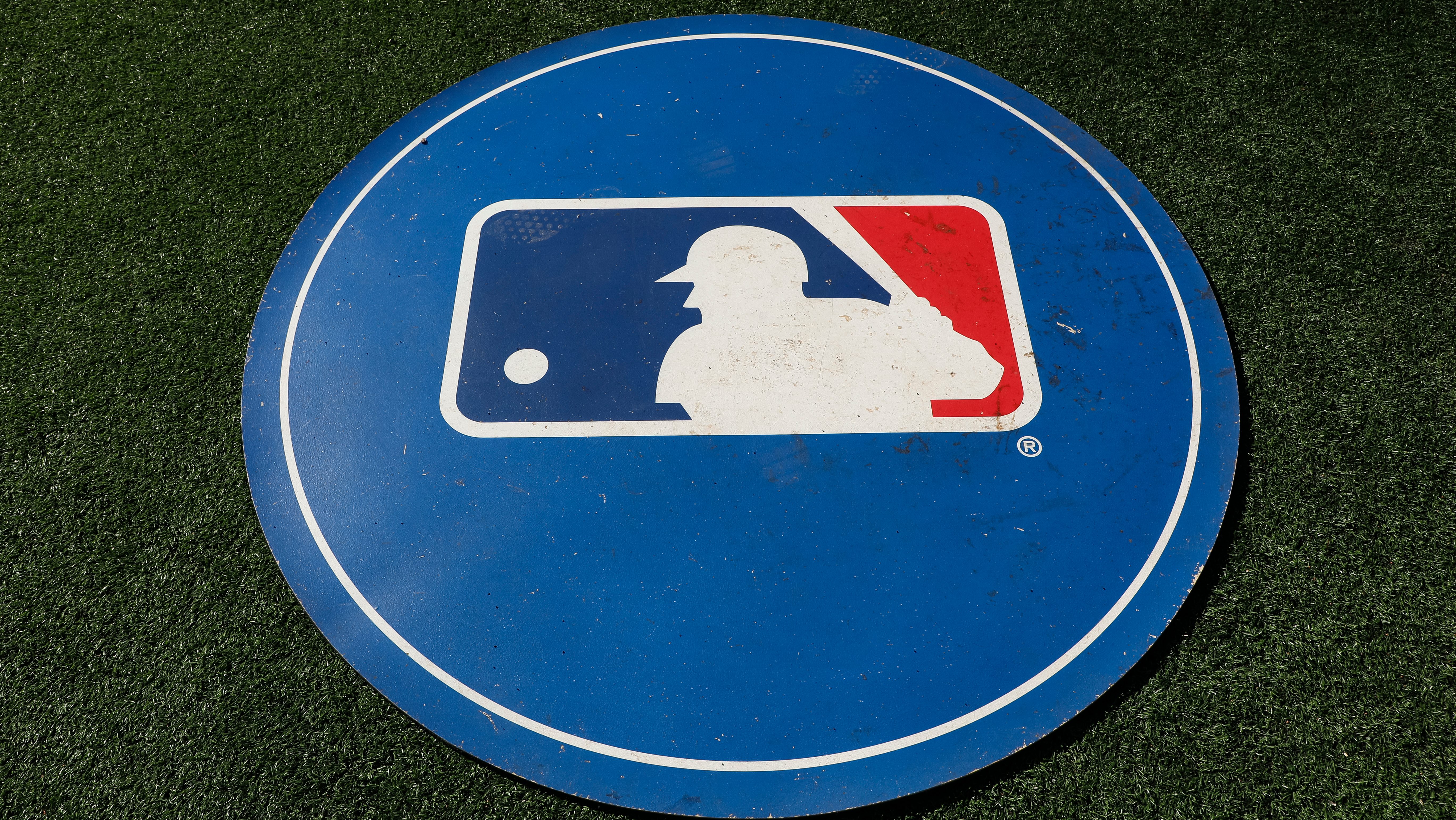BALTIMORE — Eighteen hours after it occurred, everyone still seems pretty confused about how baseball intends to interpret new slide rule 6.01 (j).
That was the consensus on Sunday morning from both the White Sox and the Baltimore Orioles as manager Robin Ventura was ejected in Saturday night’s contest after his challenge of Manny Machado’s “illegal slide” on a double play that should have resulted in a triple play wasn’t overturned.
The White Sox didn’t receive a third out for interference in the third inning even though Machado slid beyond the bag, grabbed Brett Lawrie’s leg in the process and then reached back to touch the base.
The White Sox believe they didn’t get the call — one Orioles manager Buck Showalter said Saturday he wouldn’t have had an argument against — because Lawrie never attempted to throw to first base for fear he would throw the ball away. The play was similar to one in an April 5 Toronto-Tampa Bay contest that resulted in the end when Jose Bautista’s slide into second base was ruled as interference.
“I don’t know if I’m more or less clear,” shortstop Tyler Saladino said. “After seeing that play, I guess it doesn’t matter how you slide just as long as the guy doesn’t throw the ball. But if you’re on defense, just do an auto-throw over there because that’s what they say.”
Lawrie said he never thought to make the throw to first base to throw out Adam Jones because he felt Machado made contact. Showalter acknowledged Saturday that his All-Star third baseman got “over-aggressive” on the slide. Neither side believes Machado intended to harm Lawrie with his slide. But once he was touched, Lawrie was worried he might throw the ball away, which would allow Jones to advance into scoring position.
“It’s just how the game is going,” Lawrie said. “You put the rule in place, you have just got to follow through with stuff like that. I just think right now there’s such a gray area because there was a lot of trouble that went down after that Tampa game and I think they got a lot of heat because it changed the whole game and the game ended like that. I feel like it’s just a gray area whether they call it or they don’t. It’s just really up to whoever is on the other side of the headphones.”
MLB
Showalter admitted after Saturday’s game he was surprised by the outcome even though his team benefitted. Were he in Ventura’s shoes, Showalter would also have asked for the play to be reviewed. He expected crew chief Gerry Davis to emerge from the six-minute-plus delay and inform him Jones was out at first for interference, which would have resulted in the second unorthodox triple play of the month for the White Sox.
“Where we got fortunate is they didn’t attempt to turn the ball over to first base and didn’t feel like it impacted the play, I guess,” Showalter told reporters. “We’re going to look for an explanation, too, because we would have challenged that, too. When I first saw it, I didn’t think we’d have much argument. It’s a little bit of a, I don’t want to say ‘flaw,’ but there’s been some gray area in a lot of people’s minds. But the way to combat it is to not do what we did.”
The White Sox expect the rule will be modified as it goes along. Major League Baseball previously made changes to rules regarding how catchers block the plate and what constitutes a catch after the transfer process was heavily scrutinized via instant replay.
“Every rule we’ve had has done that,” Ventura said. “We’ve always had some unique plays that happen that end up changing if they look at it further. It makes sense that would go along those lines.”
But as Saladino said, the White Sox lost their manager — Ventura’s ejection was the 12th of his career — and what could have been a critical challenge in the process. He and his teammates just want clarity and they’d like it as soon as possible.
“We’re just looking to follow the rules,” Saladino said. “You make a new rule, we’re supposed to follow it. You can’t just keep doing it, that’s the whole adjustment period. We’re trying to make our adjustments to the rules. It’s a new deal. So we just have to finish the play? They could slide however, but if we don’t finish the play, it doesn’t matter how they slide.”


